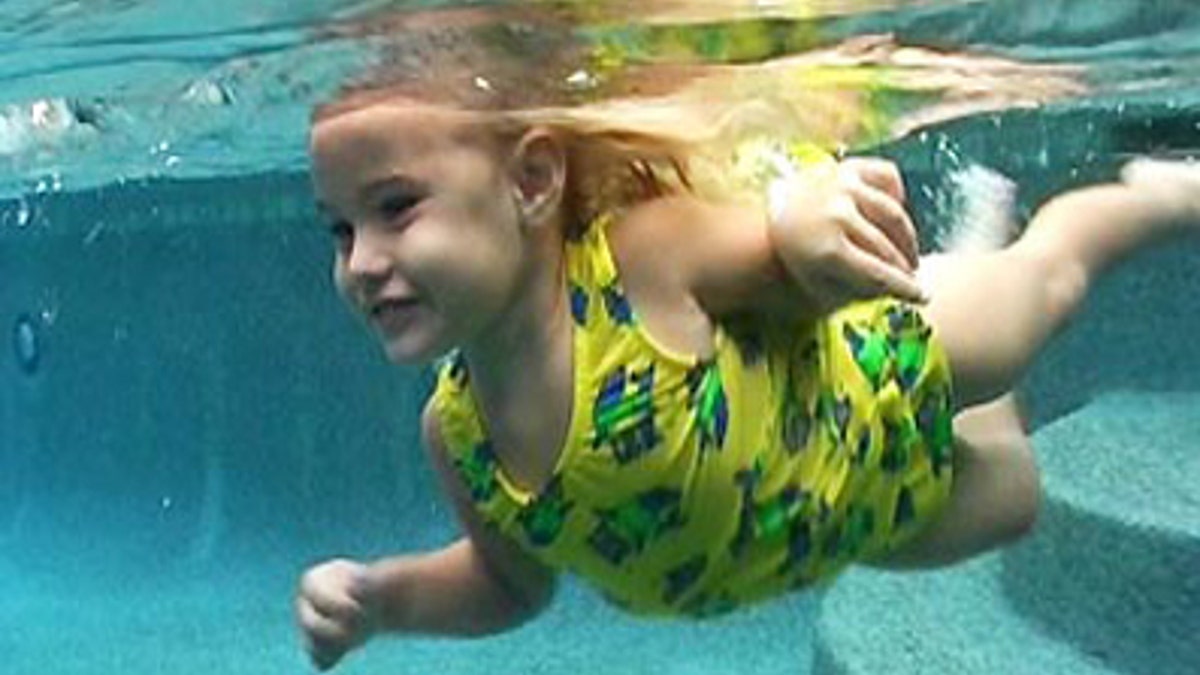
The majority of people who survive a near-drowning in childhood will not suffer significantly as adults, suggests a new study from Finland.
A decade after the event, most kids reported a similar quality of life as peers without the near-death experience.
However, it's important that doctors keep an eye on these patients over the years after the accident, as thinking, memory, and learning problems may not show up until the kid is much older, said study author Dr. Pertti Suominen, from the Hospital for Children and Adolescents at the University of Helsinki.
And the specific nature of the near-drowning, including how long kids were under water, could matter for their long-term health and happiness as well.
"In patients with an estimated submersion time of 10 minutes or longer the (quality of life) was significantly lower than in patients with a submersion time less than 10 minutes," Suominen explained to Reuters Health in an email.
The researchers tracked 64 kids who had been admitted to their intensive care unit between 1985 and 2007 following a near-drowning when the kid had to be given CPR. Eleven of the kids died in the hospital, and nine more died within six months from a brain injury related to the accident.
Out of the 40 patients still alive that the authors could track down, 29 returned questionnaires asking about their current thinking and communication skills, activities they were involved in, how much school they had completed, and whether they suffered from depression or had trouble sleeping.
For most of the people in the study, the near-drowning -- in the sea, a lake, or a community pool -- happened when they were very young, on average about 10 years before they filled in the questionnaires.
Teenagers and young adults reported slightly lower quality of life compared to a group of people who hadn't almost drowned. But in kids age 11 and younger, there was no difference. Kids under eight reported the best quality of life of all near-drowning survivors, but Suominen said that may be because their parents filled out the questionnaires for them.
"This may reflect the relief of parents that their child survived from the drowning incident and small neurological deficits don't mean that much," he said. "Also the learning difficulties will come apparent later when the child enters...school."
Fourteen of the teens and young adults said they had finished their education, although only one had a university degree, the authors report in Resuscitation.
Kids had been underwater between 30 seconds and 45 minutes. Those who were drowning for longer reported a worse quality of life than others.
Dr. Aaron Donoghue, an emergency medicine doctor at The Children's Hospital of Philadelphia, said that how quickly and intensely kids get CPR after this kind of accident is also an important factor in determining if they'll survive and if they do, how well they'll do later on.
Suominen said that CPR was given both by bystanders at the scene and trained emergency medical personnel, and it was hard to tell how many of the kids in the study had suffered from cardiac arrest, during which the heart stops beating.
Donoghue, who was not involved in the current study, said the results reflect what emergency doctors often see with kids who almost drown -- either a good long-term outlook, or serious damage or death. "You either do very, very well or you do very, very poorly, and there's not really much in between," he told Reuters Health.
Suominen concluded that most kids who survive near-drowning will go on to have a decent quality of life.
"In a way it's a little bit heartening to see people looking longer term at the recovery from these life-threatening events in kids," Donoghue added. The results, he said, show that after a near-drowning, "not only can a child survive, they can survive with a very, very high level of function."








































